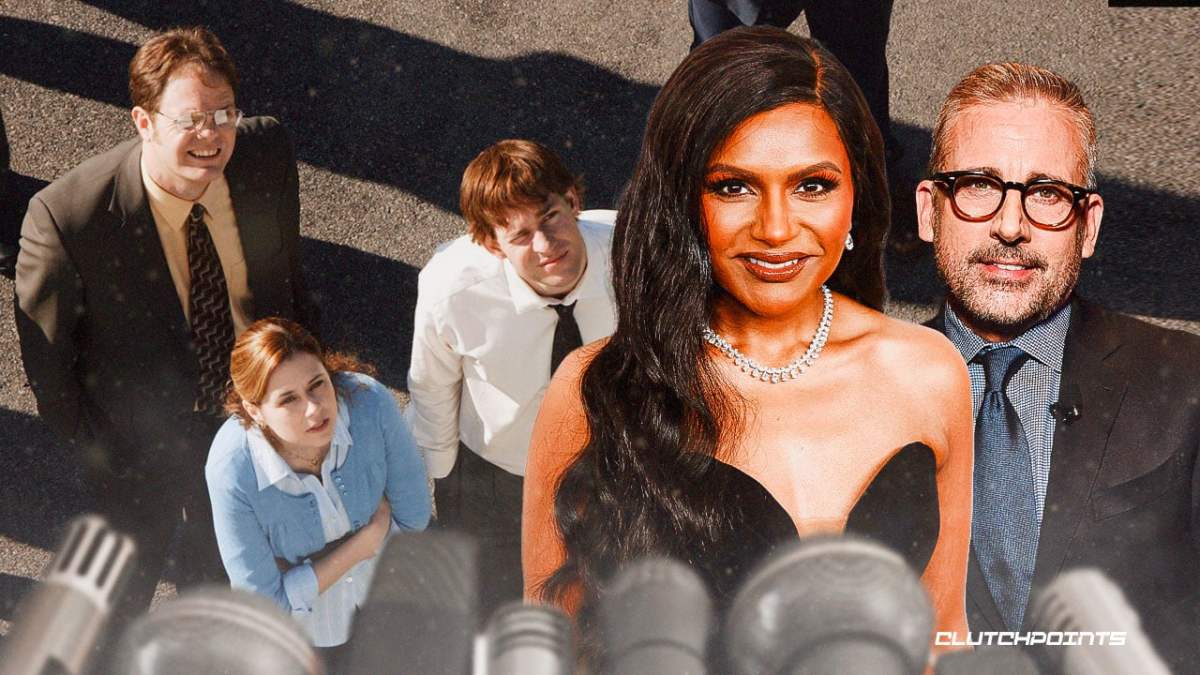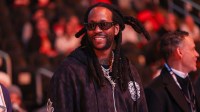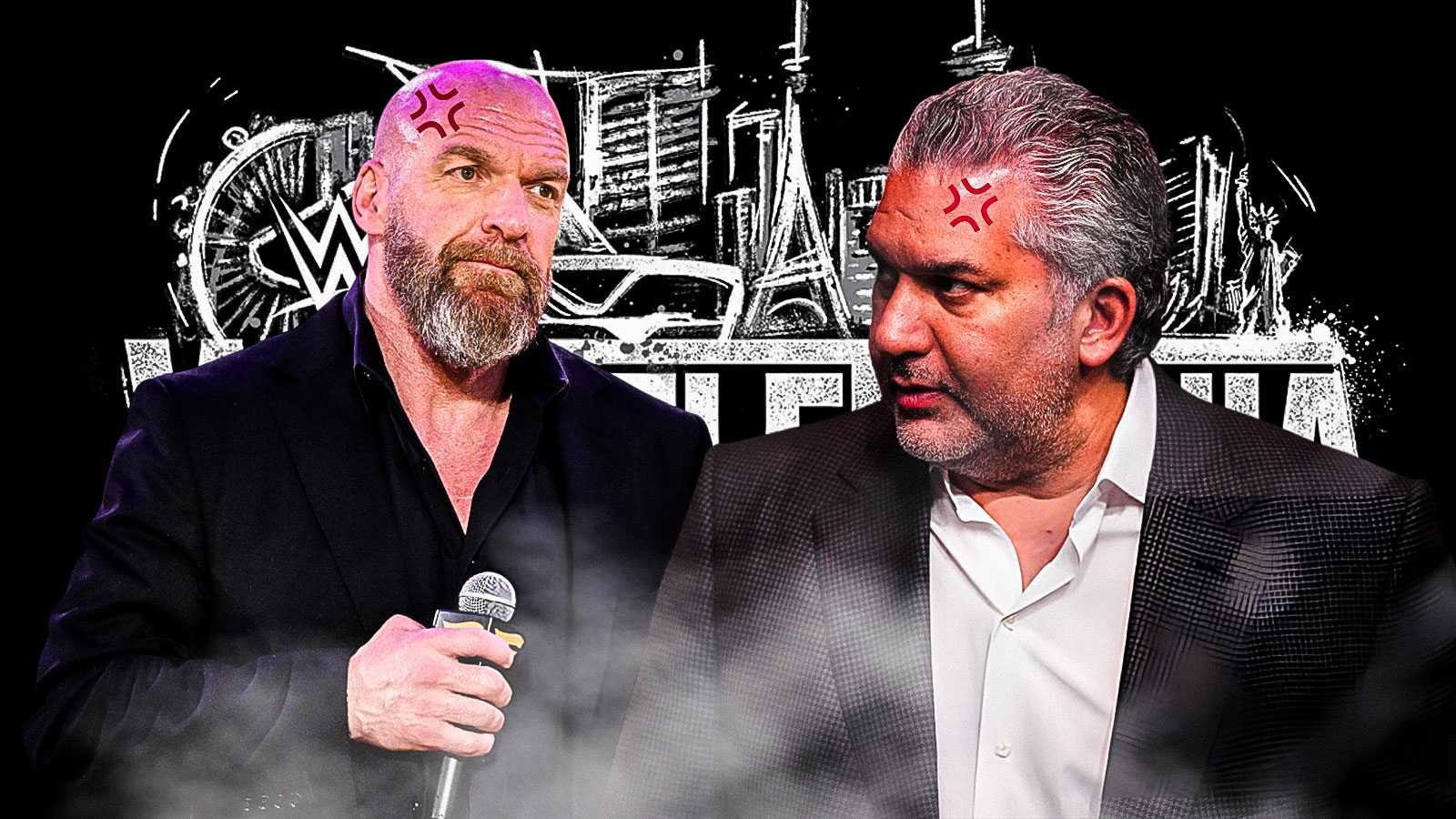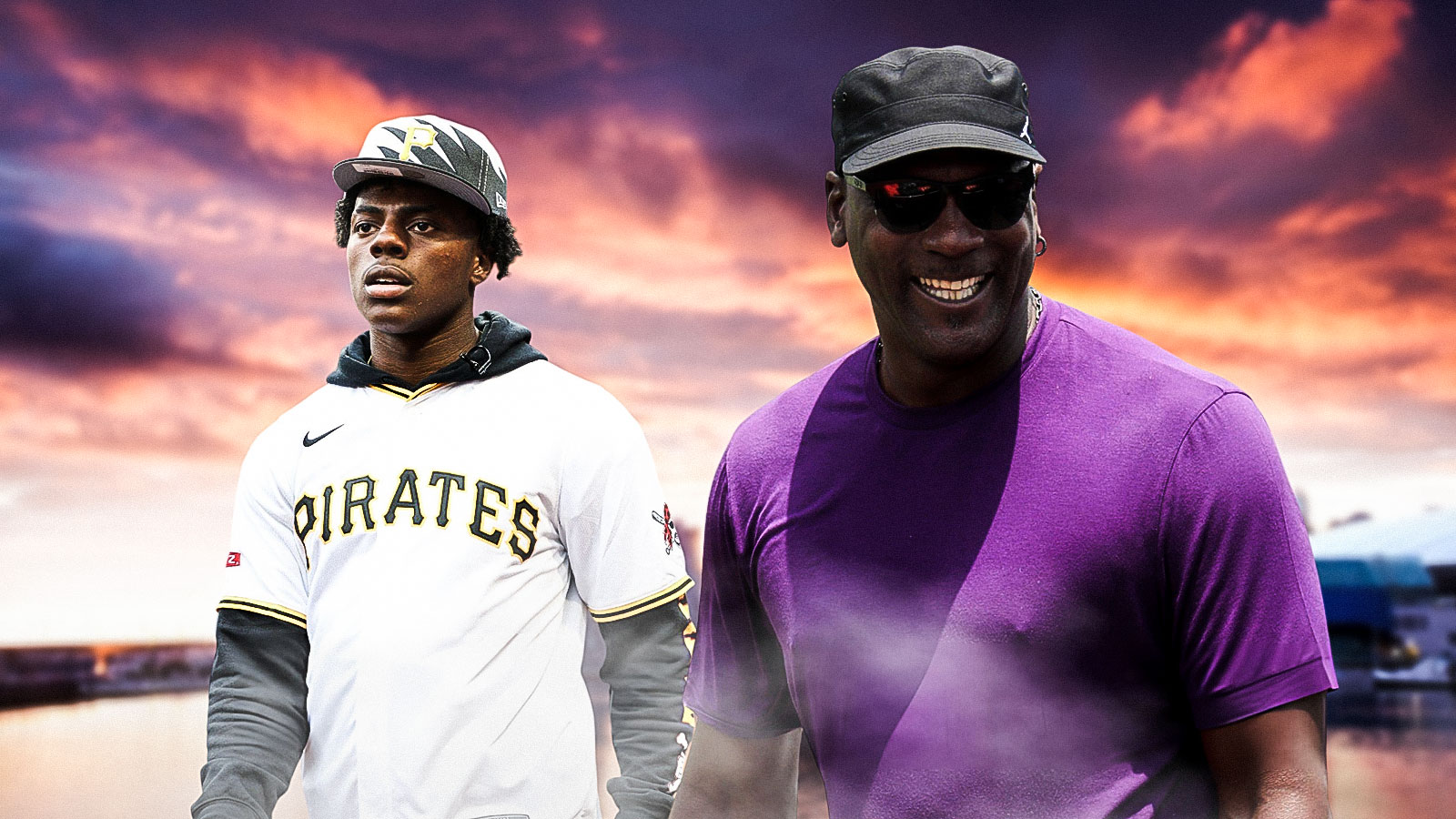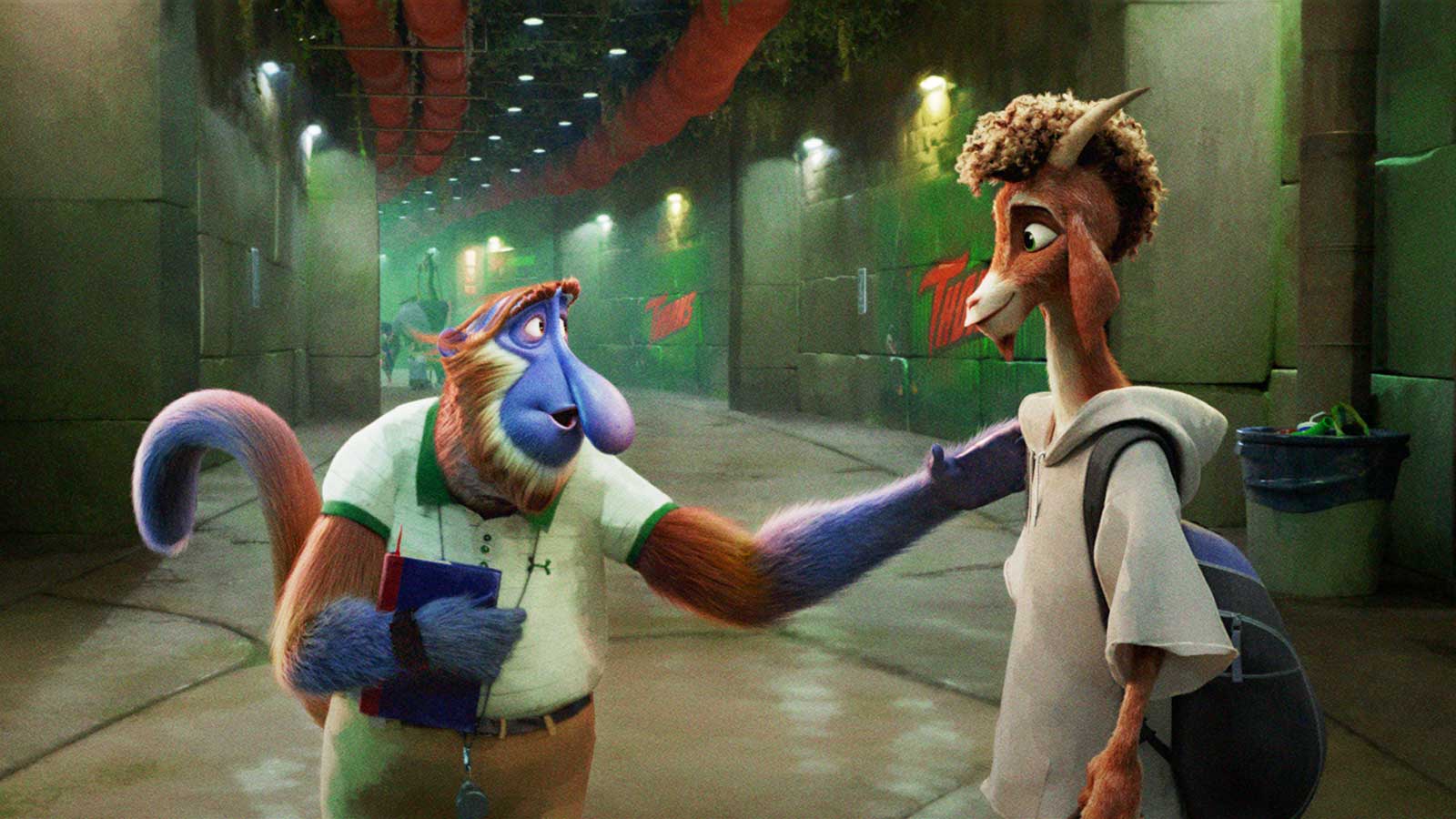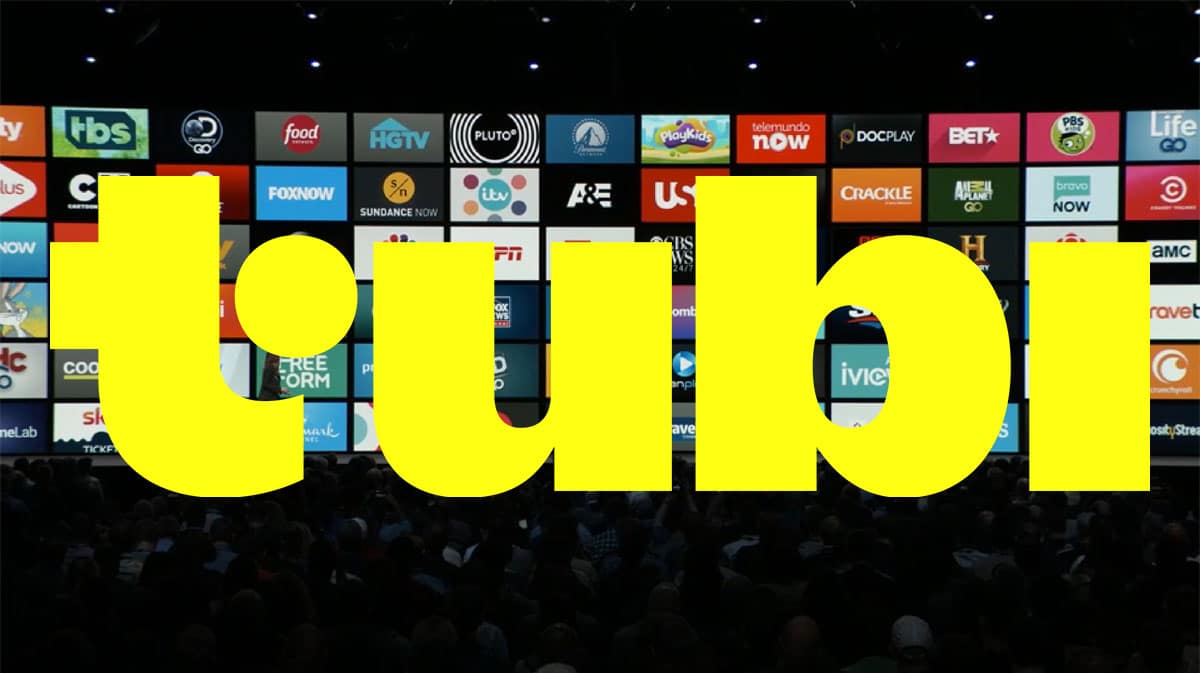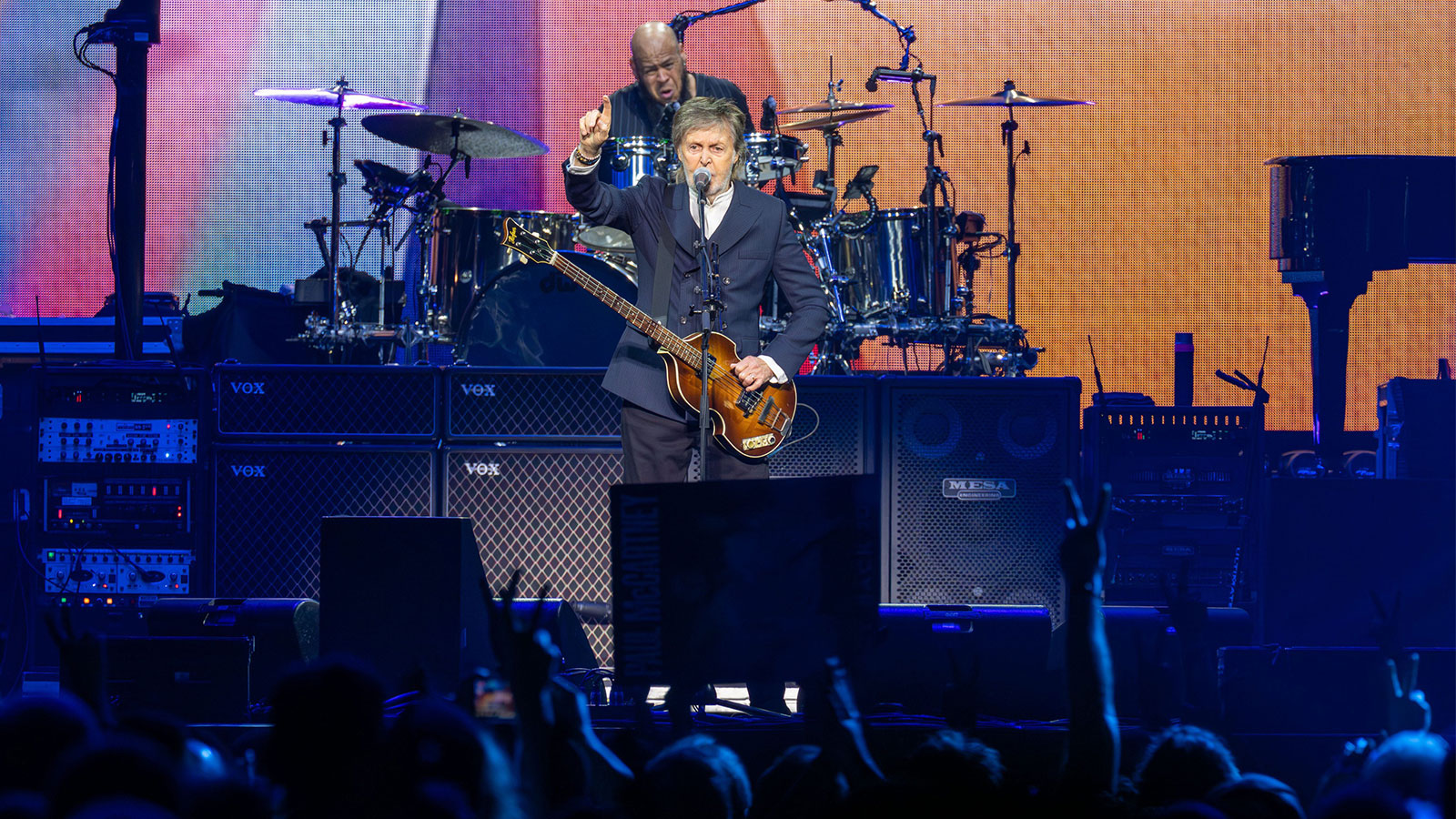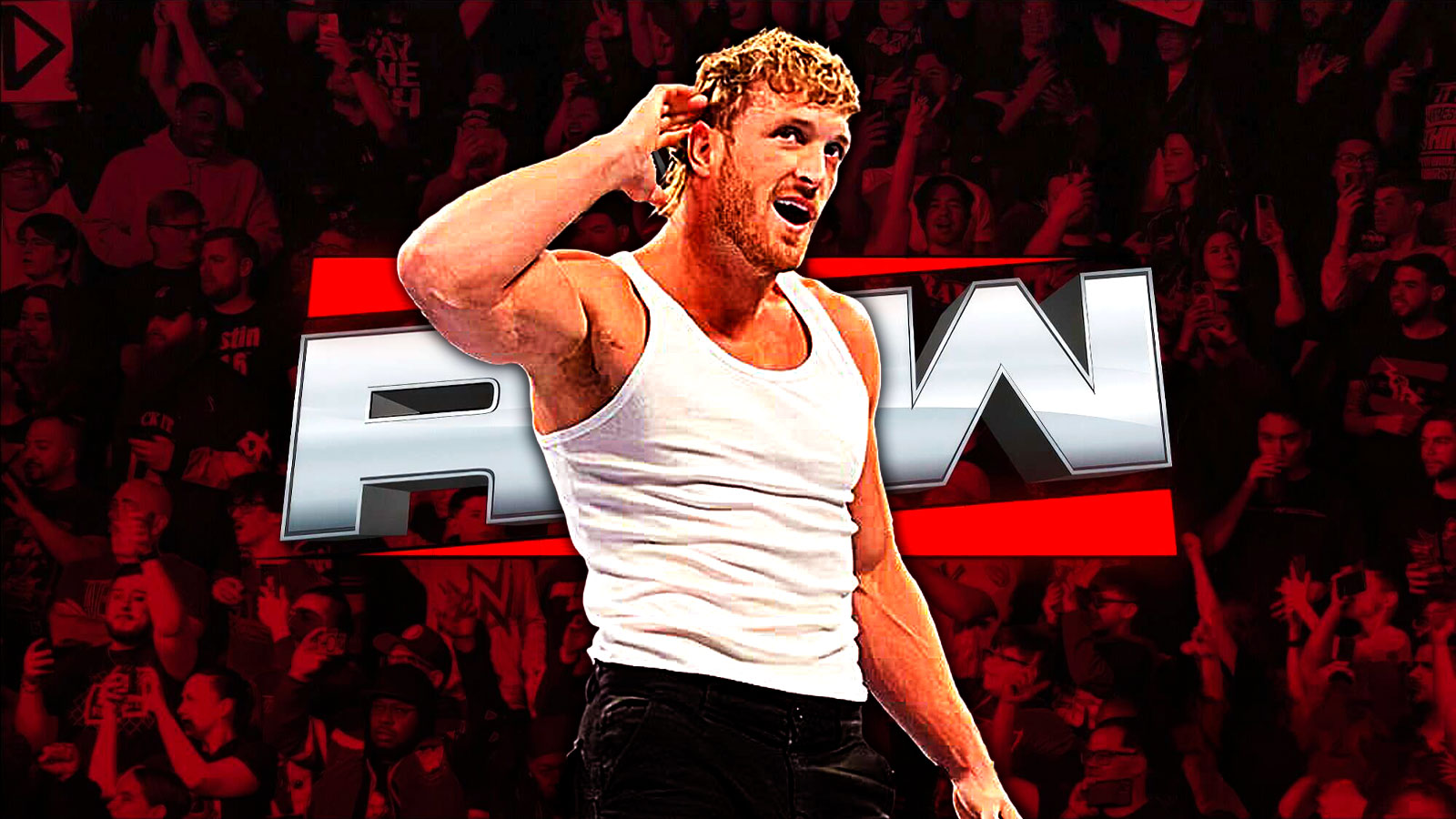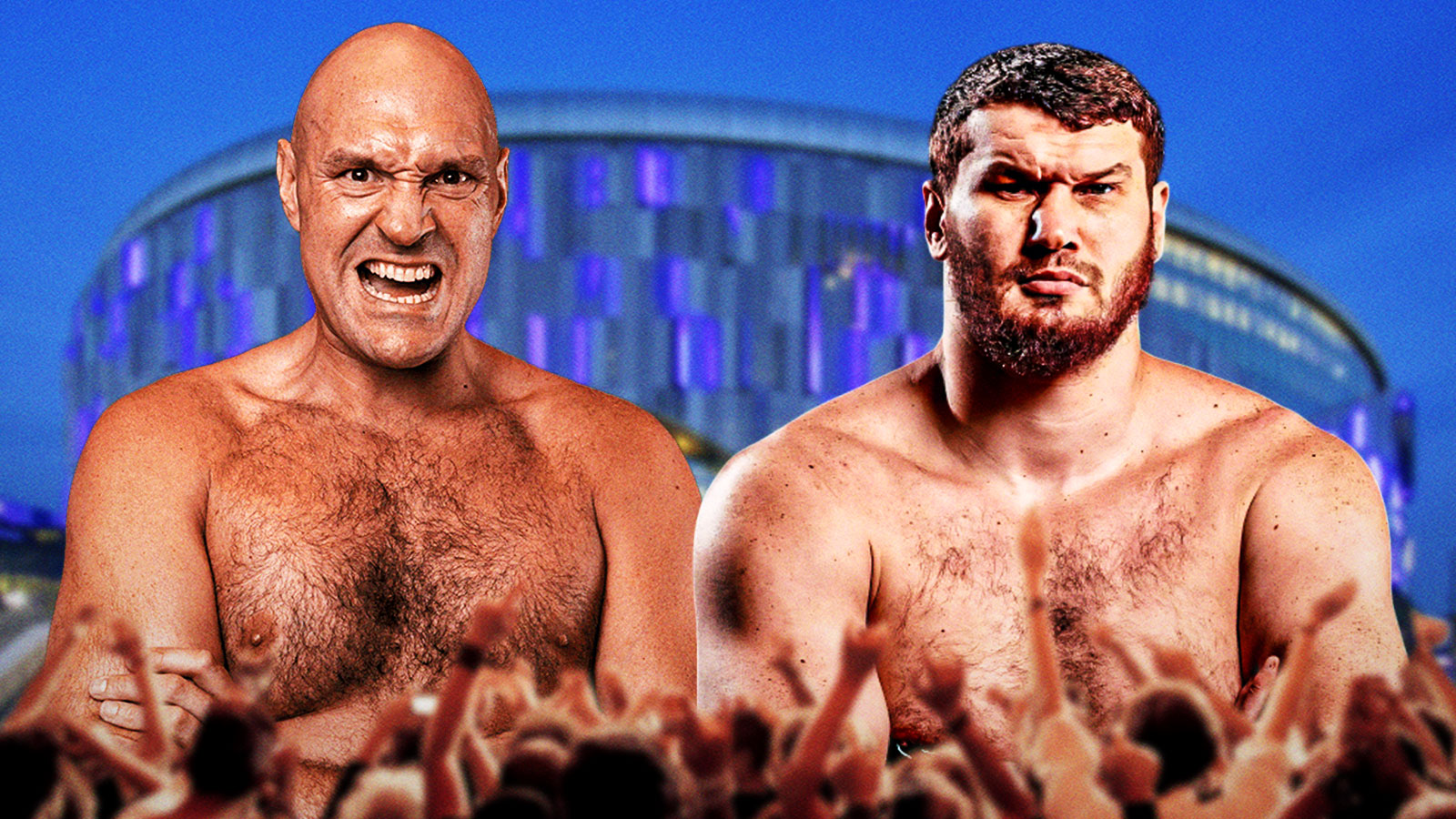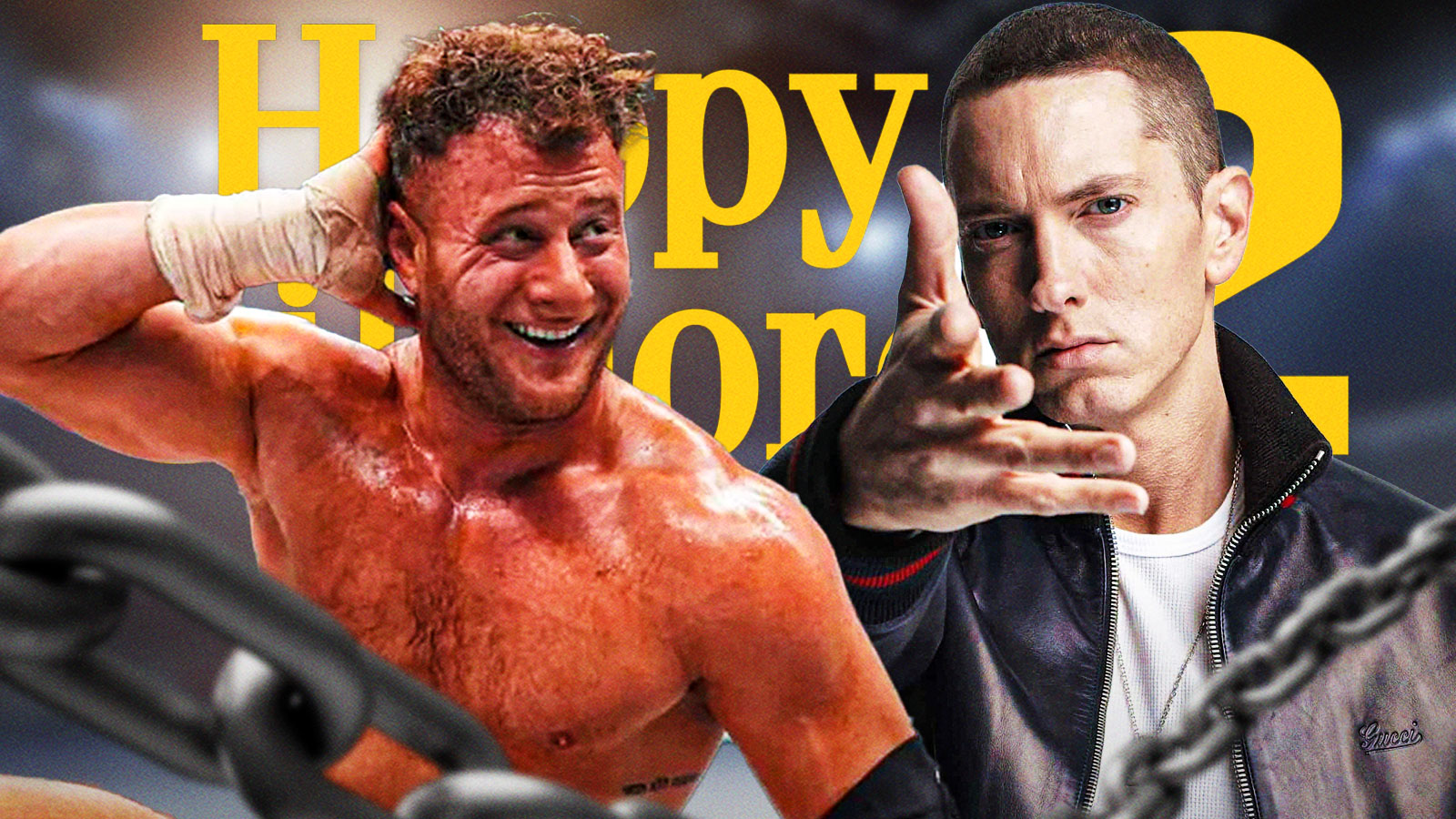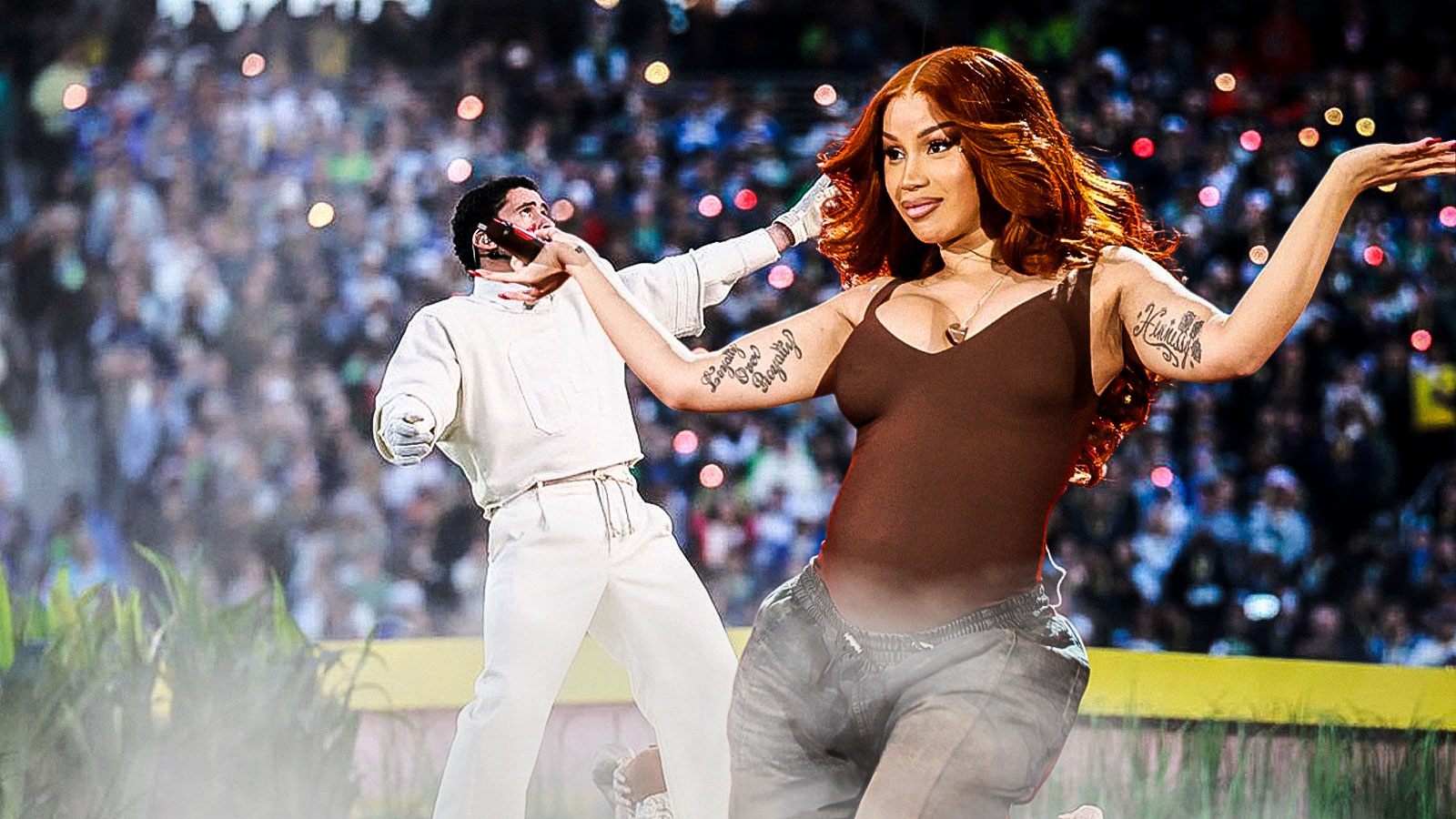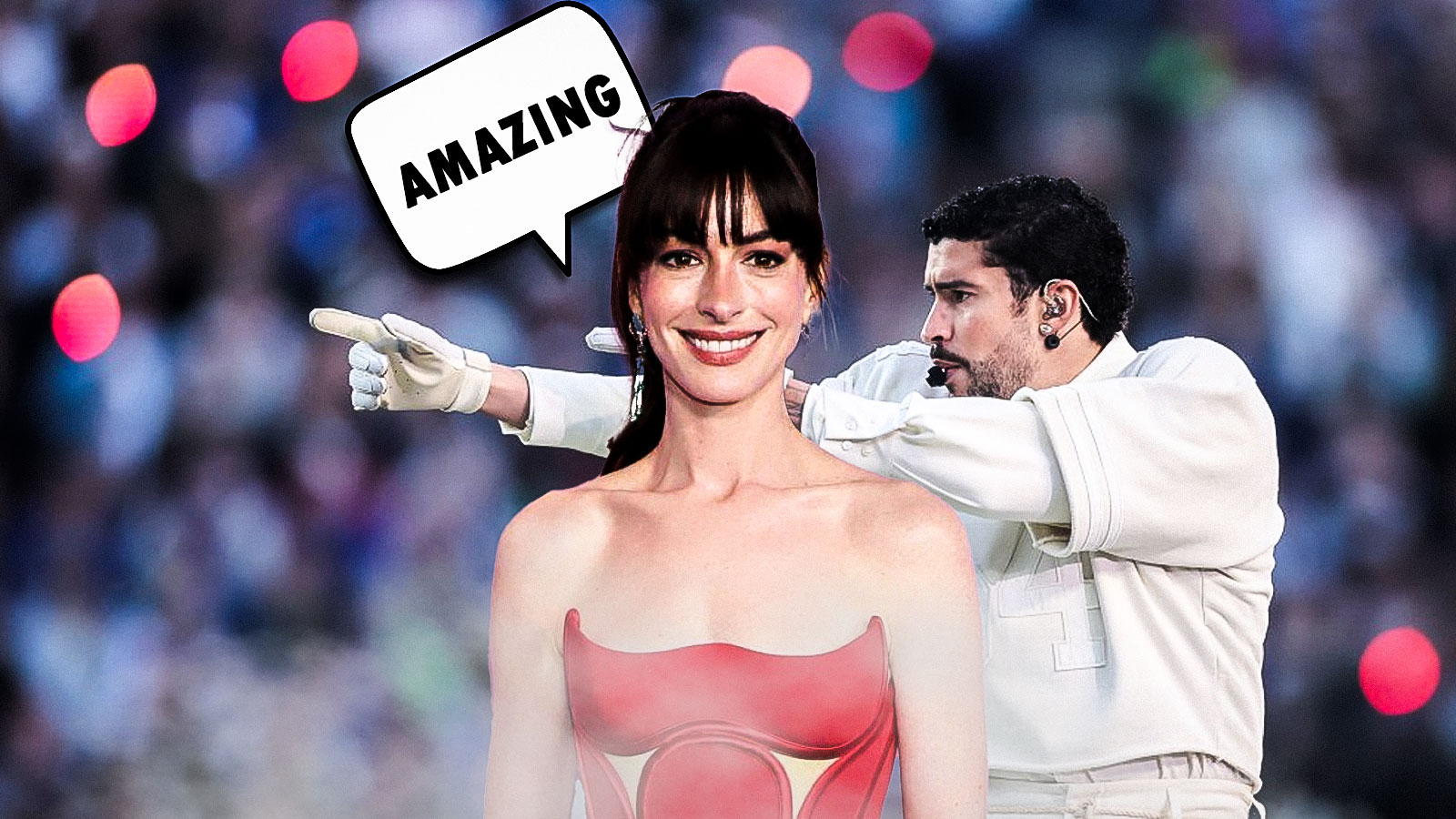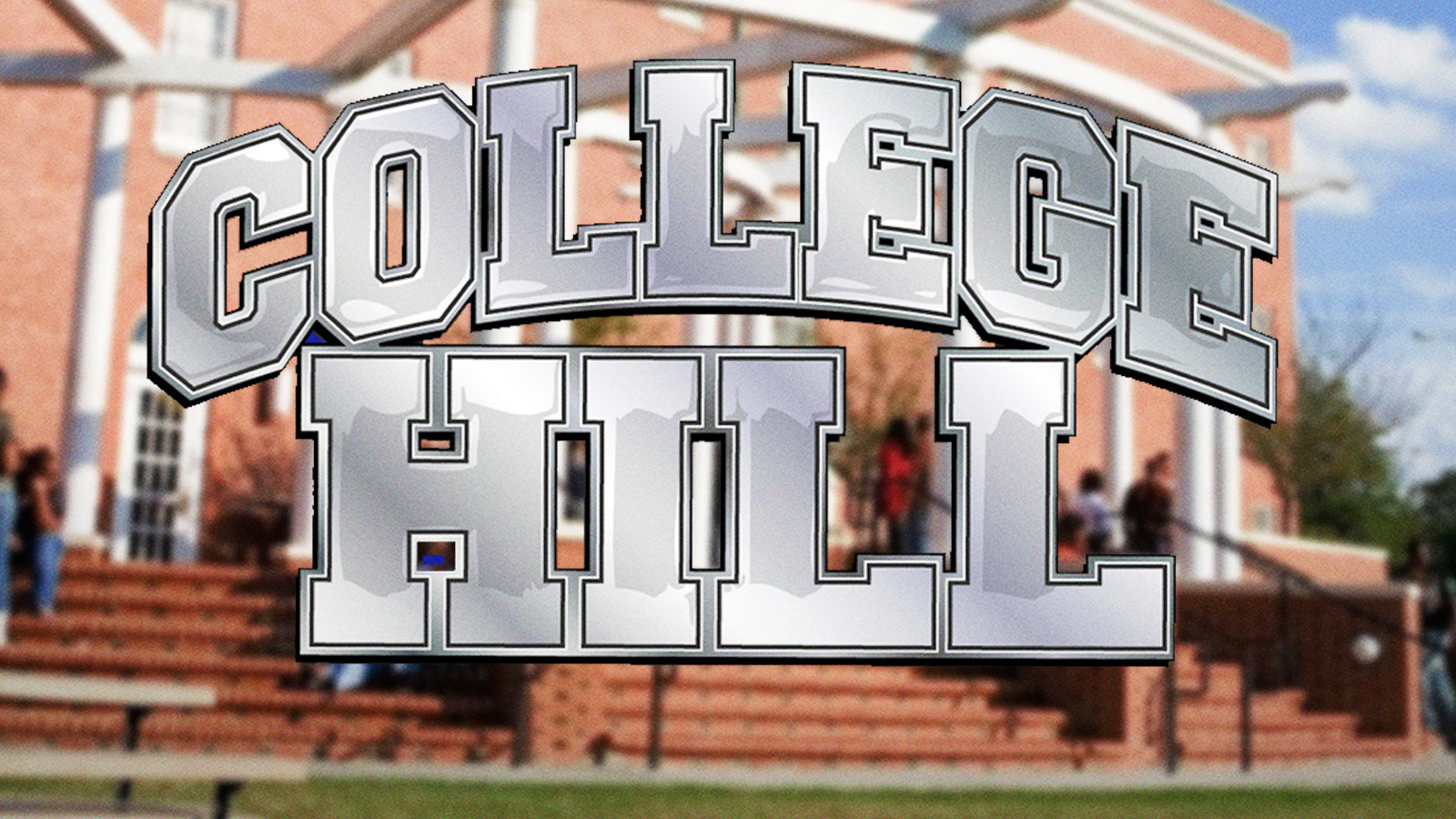There's exciting news for fans of “The Office” as the beloved sitcom might be making a return. Greg Daniels, the creator of the U.S. version of the series, is reportedly in talks to bring the show back for a reboot, according to AVClub. This potential revival marks the 11th adaptation of the original British series created by Ricky Gervais and Stephen Merchant.
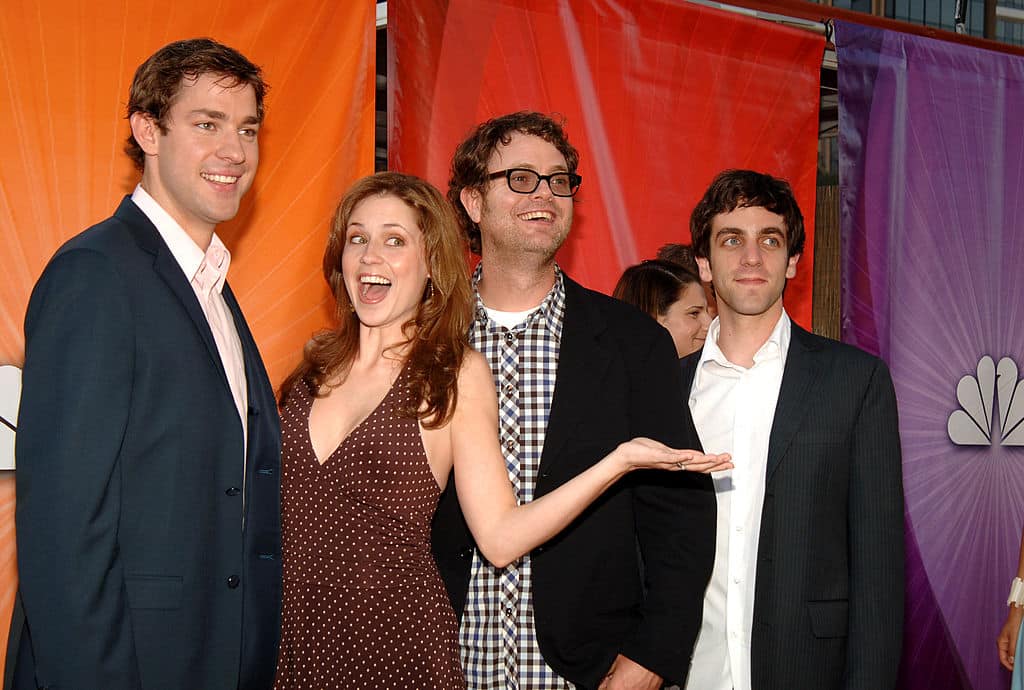
This isn't the first time that the idea of resurrecting “The Office” has surfaced. In 2019, Greg Daniels expressed his concerns about revisiting what he considers a “perfect” show that ended on a high note. He was cautious about the possibility of disappointing loyal fans who cherish the series. Daniels took pride in how the show concluded, noting that fans often binge-watch it repeatedly, a testament to its satisfying ending.
However, the question arises: Would “The Office” work in today's climate? The show's humor thrived on euphemisms and offbeat remarks, like the famous “That's what she said” jokes. In the current social and cultural landscape, it's doubtful that all of the show's humor would land as effectively.
Mindy Kaling, who portrayed Kelly Kapoor throughout the series, and Steve Carell share concerns that the show's humor might not fly today as it did during its original run. The show's success was largely built on its clever and often edgy humor, which might face greater scrutiny in today's more sensitive environment.
The Office's Comedy and Sensitive Topics as Mindy Kaling Tells It
“The Office,” renowned for its cringe-inducing and deadpan humor, often ventured into sensitive subjects, including racism, sexism, and harassment. Mindy Kaling, known for her role as Kelly Kapoor on the show, has raised concerns about how these themes would resonate with modern audiences compared to the past.
Kaling disclosed during an interview with Good Morning America that conversations with her former colleagues from “The Office” have led to a collective realization. They've come to acknowledge that much of the show's content might not be well-received in today's cultural climate. She suggested that the changing tastes and evolving sensitivities of modern audiences have significantly shifted the boundaries of what offends people.
Kaling humorously speculated on how her character, Kelly Kapoor, might fare in the present day. She envisioned Kelly quitting Dunder Mifflin to become an influencer, a choice that would likely lead to her swift cancellation. Kaling further jestingly suggested that most characters from the show would meet a similar fate in today's environment.
Steve Carell's Perspective on “The Office's” Return
Despite being one of the most popular shows on television from 2005 to 2013, “The Office” might not find a comfortable home in today's cultural climate, according to its star, Steve Carell, who portrayed the iconic character Michael Scott.
During an interview with Esquire magazine, Carell shared his thoughts on the show's enduring success and the persistent hopes of fans for a revival. He noted that the series has enjoyed a resurgence in popularity due to its presence on Netflix, sparking discussions about a potential comeback. However, Carell expressed reservations about the idea, questioning whether the show could be embraced today as it was a decade ago.
Carell emphasized the evolving standards and sensibilities of contemporary audiences, pointing out that today's standards would likely deem certain jokes and elements of his character, Michael Scott, unacceptable. He highlighted that the show centralizes much of Michael Scott's character on inappropriate behavior, a central comedic element.
Challenges in Today's Climate
Throughout “The Office,” Michael Scott's problematic behavior was a recurring theme, manifesting through his comments and interactions with coworkers. While this behavior aimed for comedic effect and often stemmed from a lack of awareness rather than malice, Carell recognized that a character like Michael Scott might not connect with today's audience, given the heightened sensitivity to offensive content.
Carell recognized the positive aspect of increased awareness regarding offensive content but noted that interpreting a character like Michael Scott too literally might not work in today's cultural climate. The show's humor often derived from Michael's wrongheadedness, making it essential for viewers to understand the character's intentions, despite his offensive comments.
Kaling's and Carell's observations underscore the complex challenge of reviving a beloved series like “The Office” in a world where social sensitivities and standards have shifted significantly since its original run. If fans do get a chance to see a new version, the ultimate questions are, who will be the new Michael Scott or will he make a cameo appearance at some point? Seeing Carell reprise his role would mean a lot to people.

